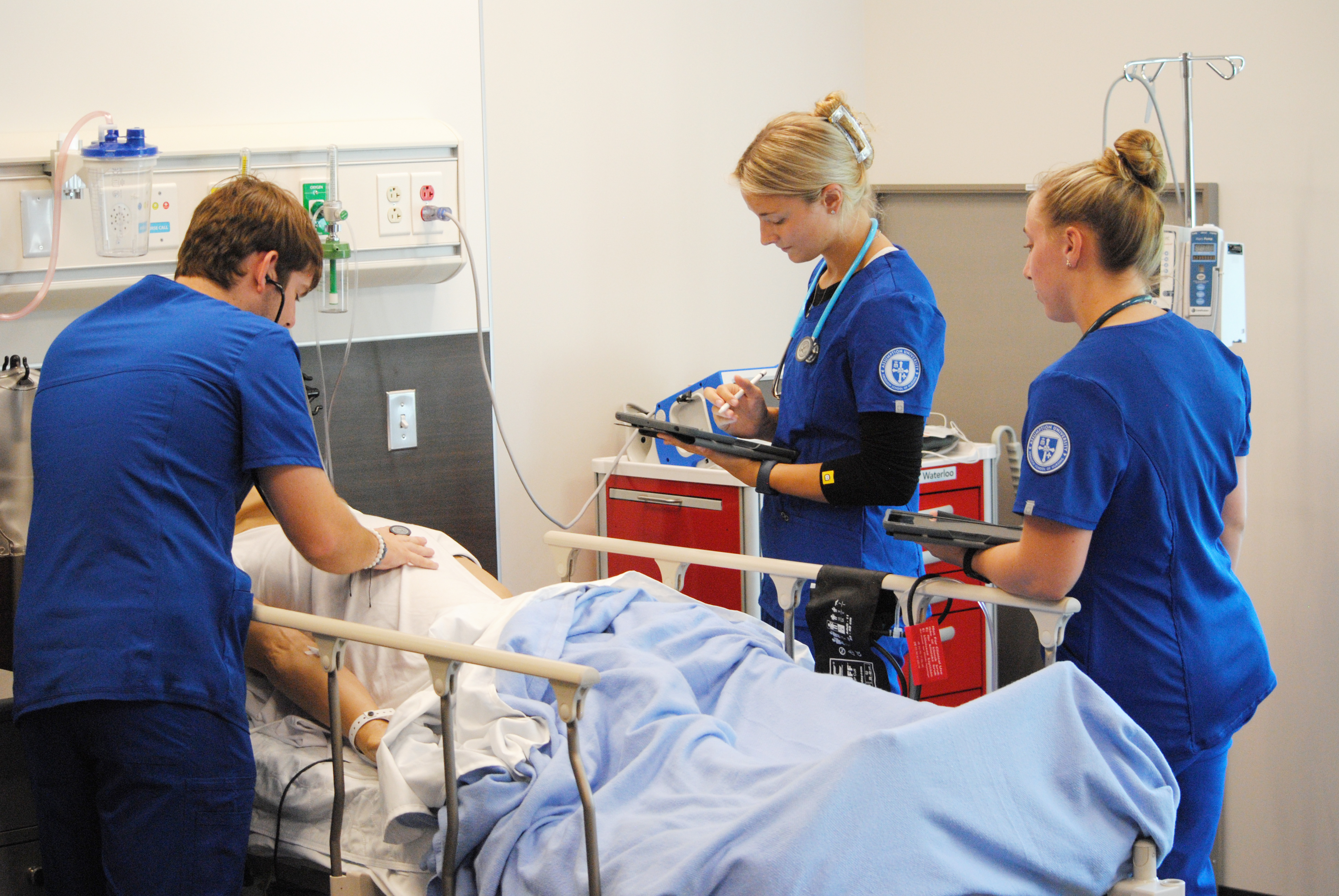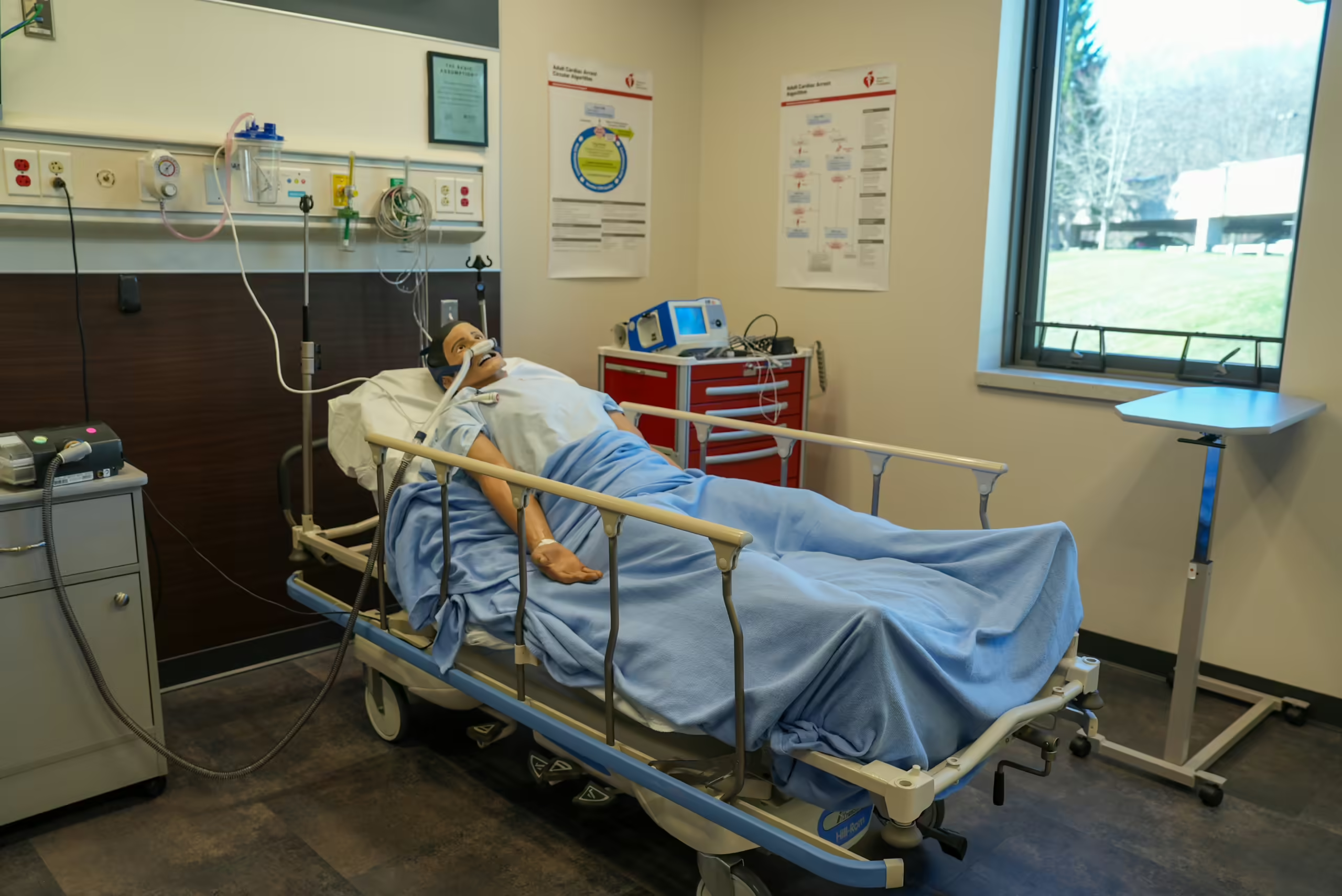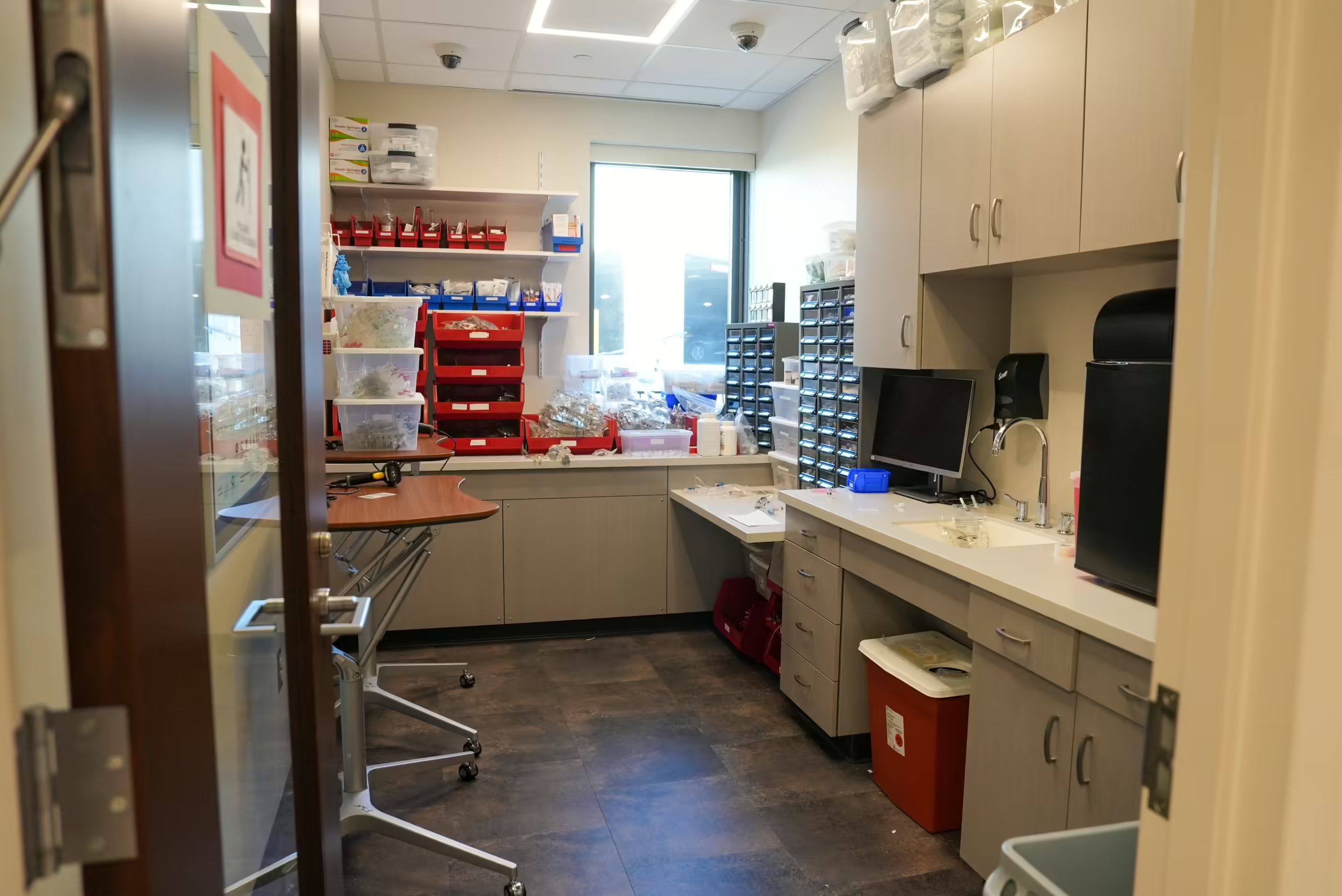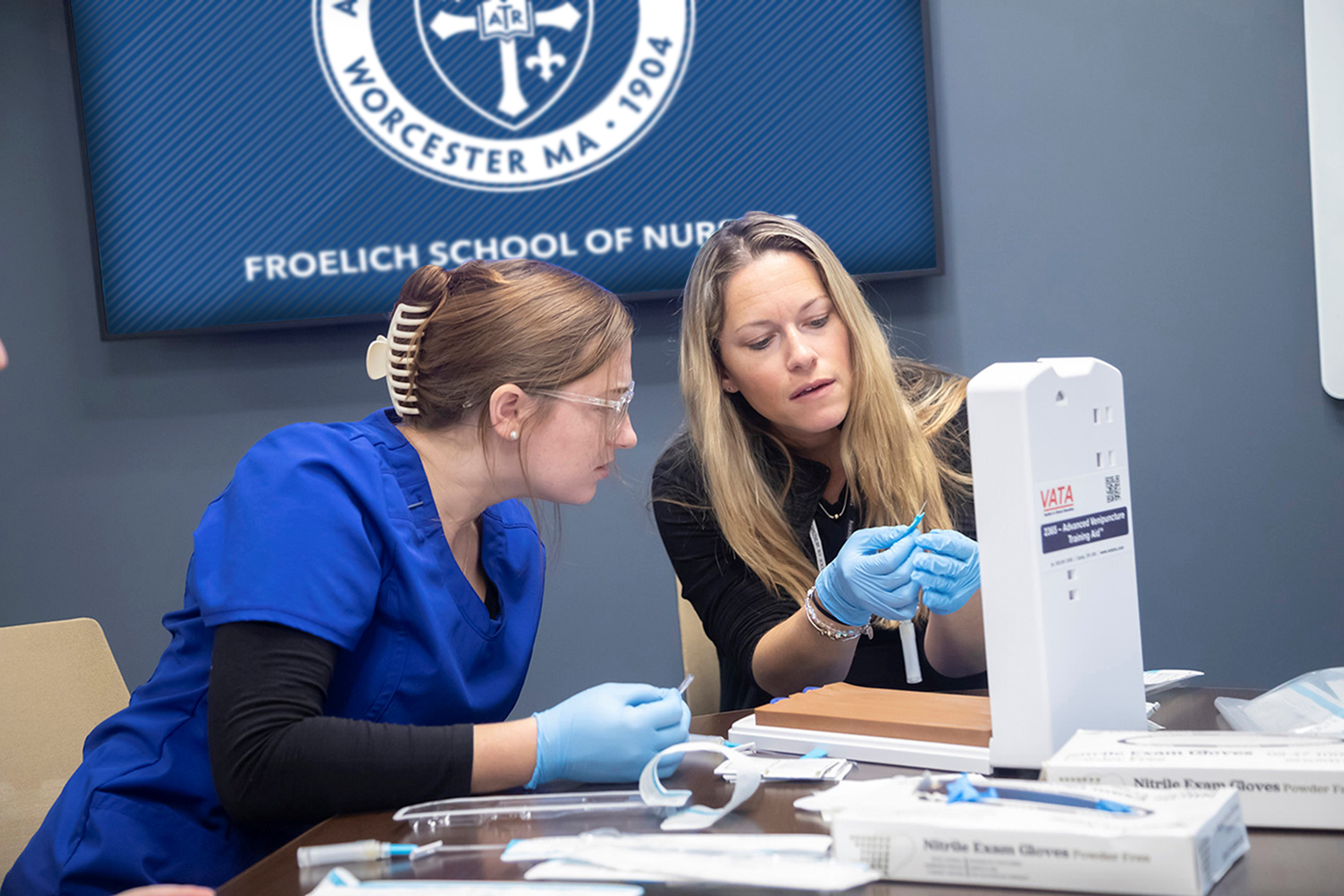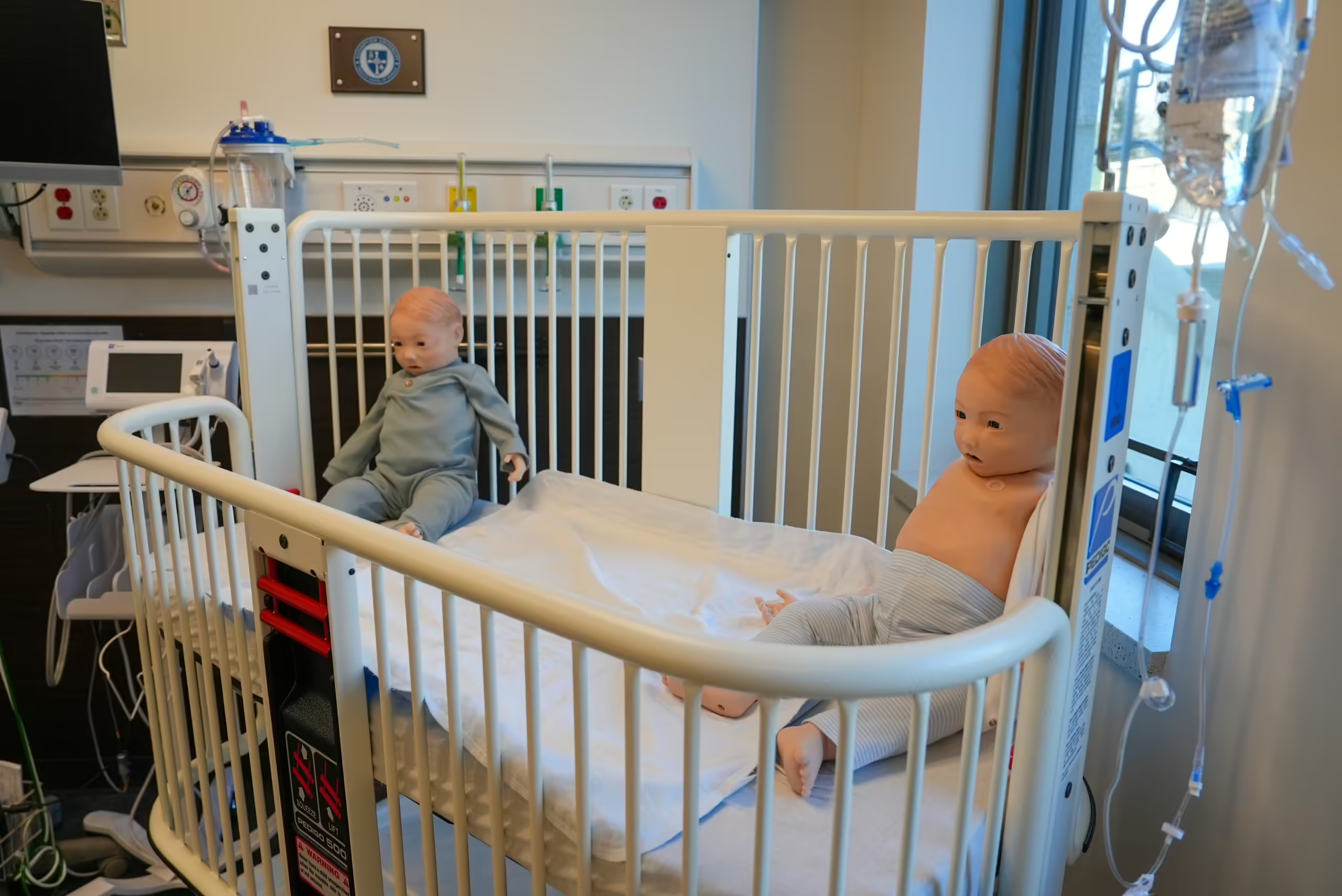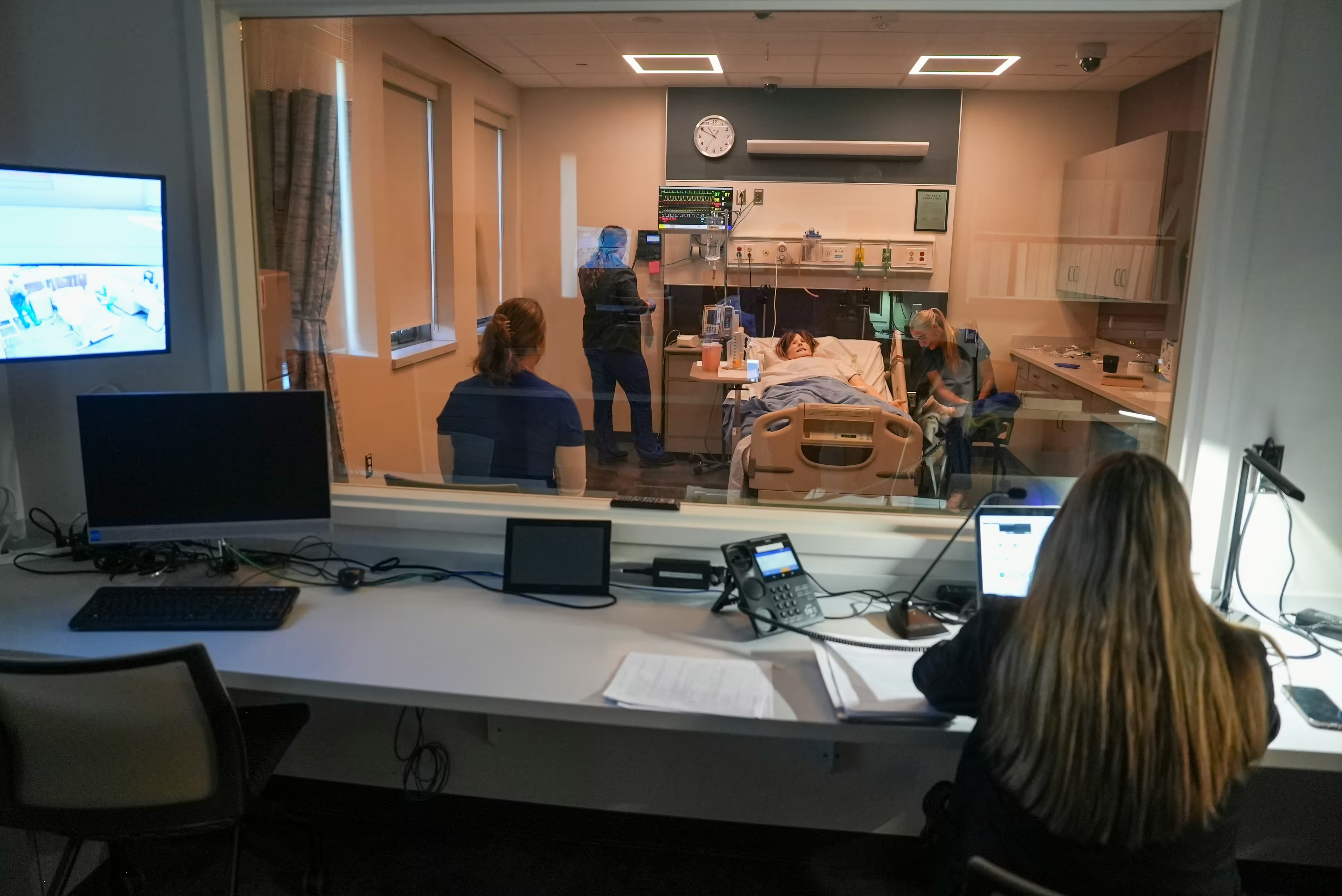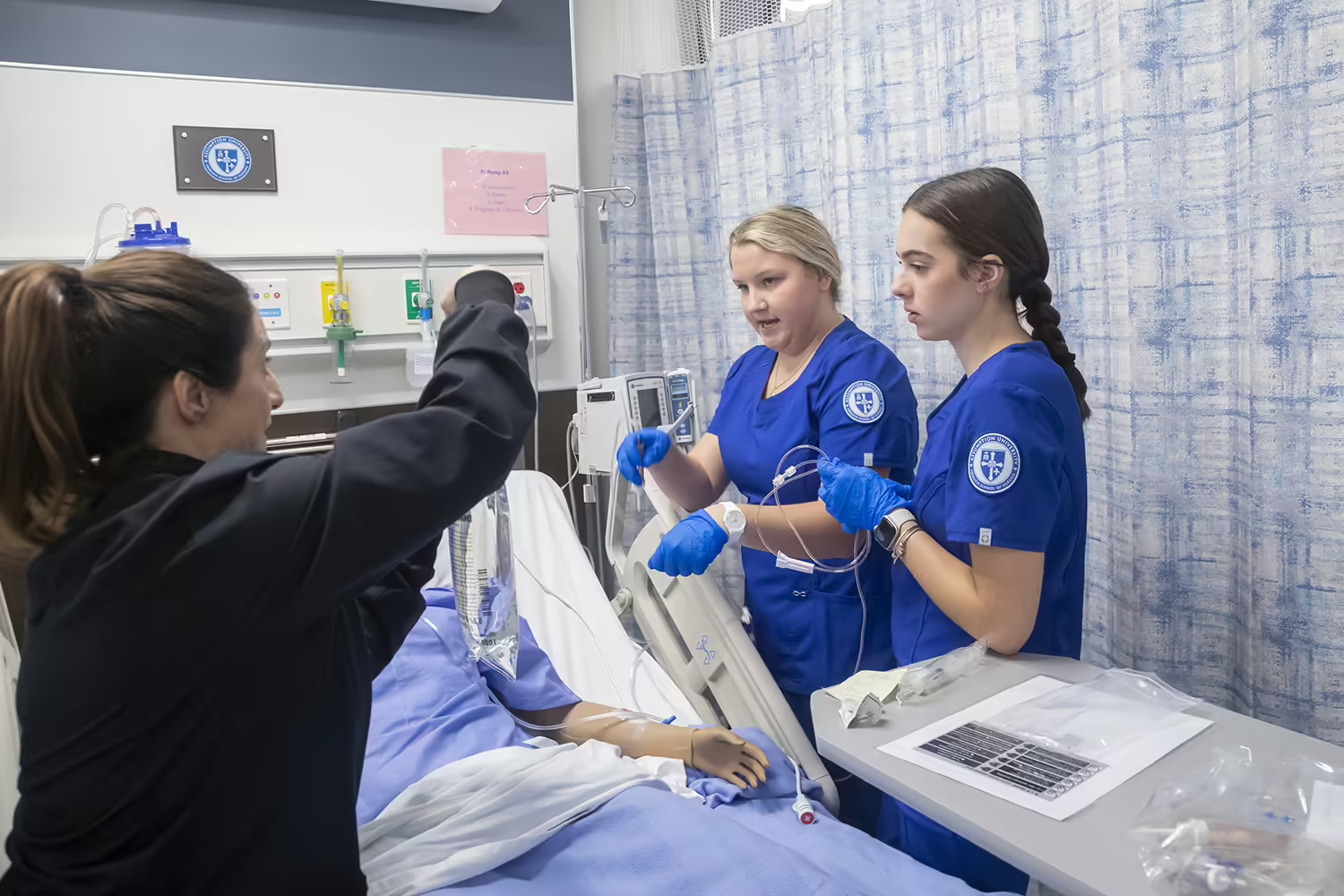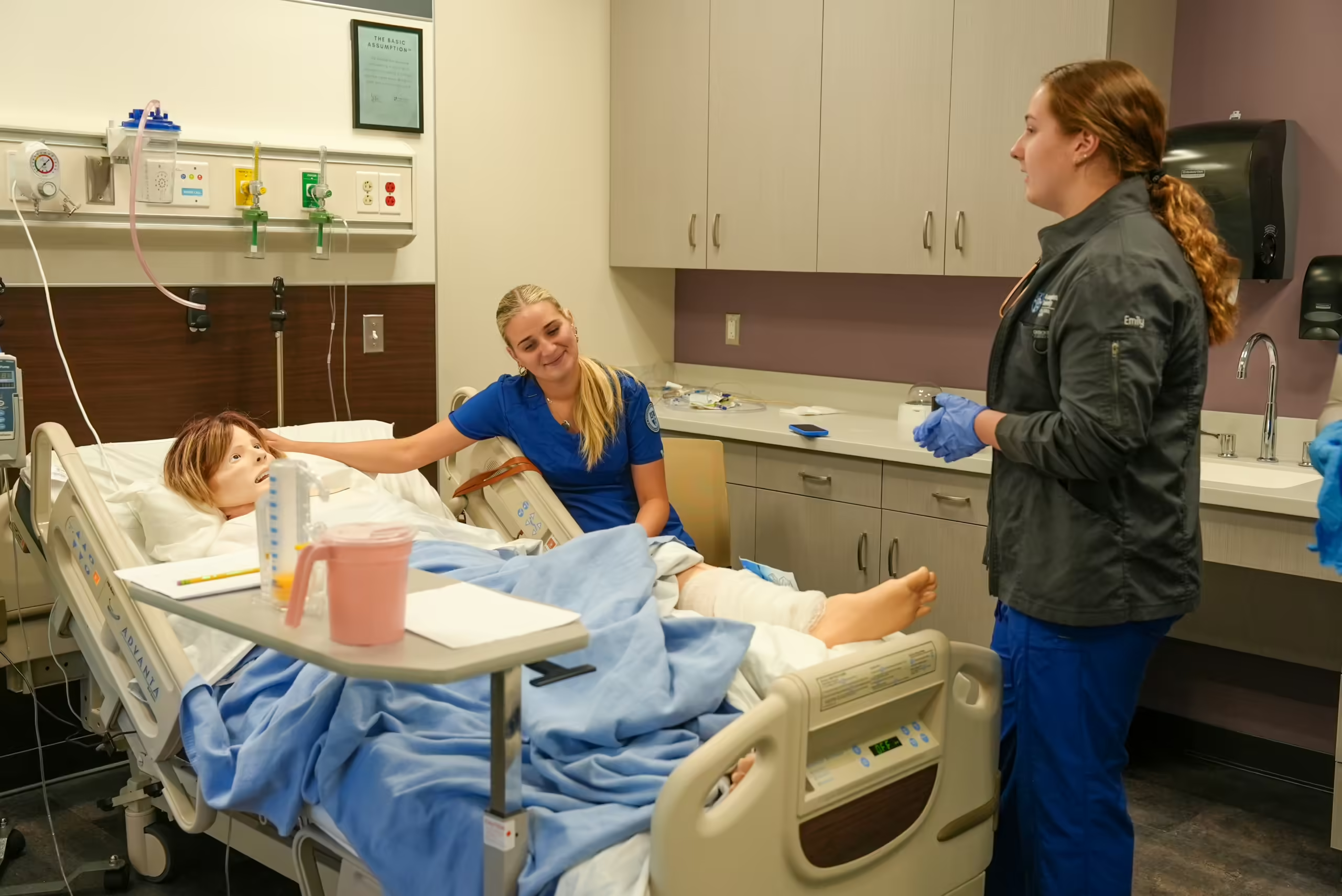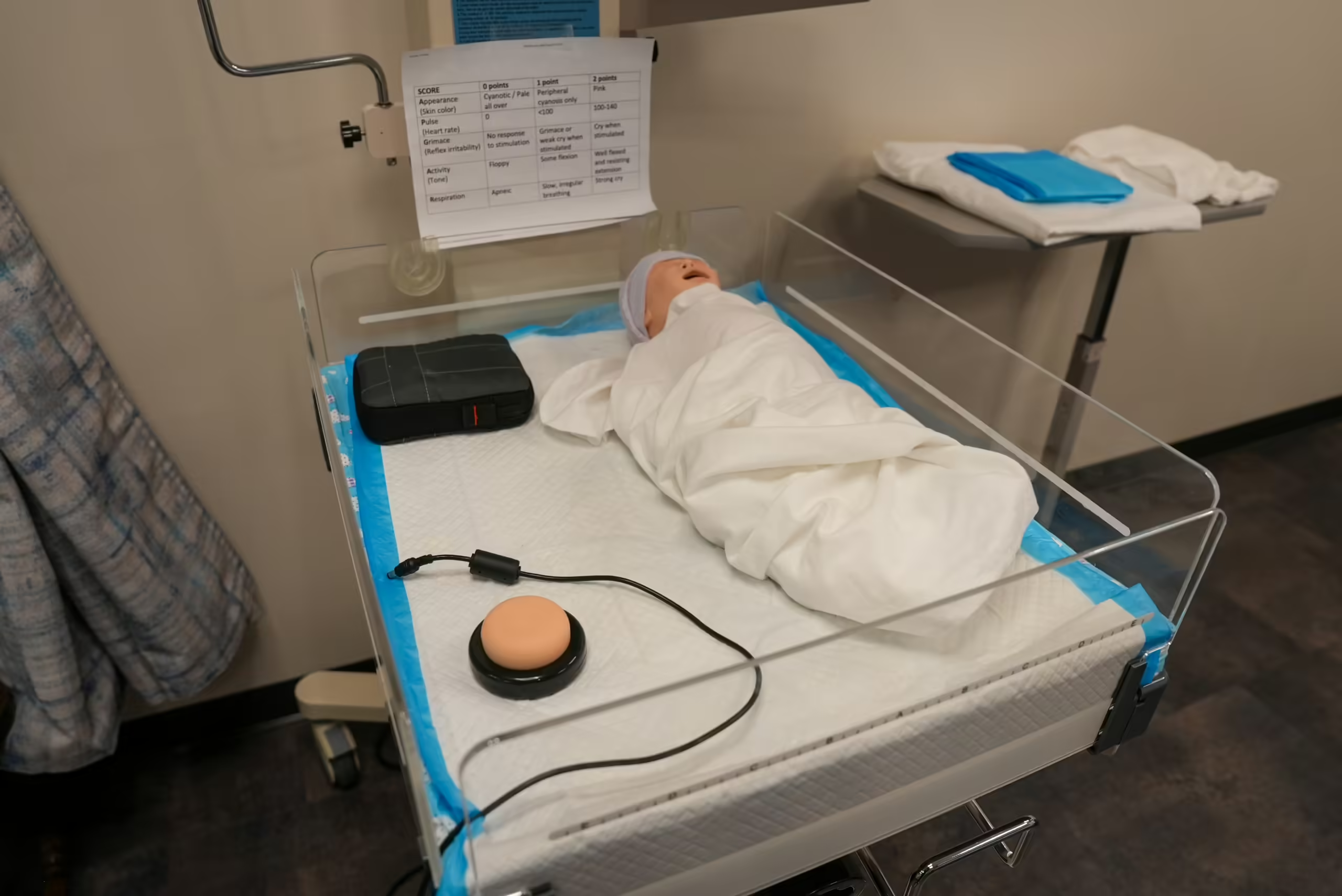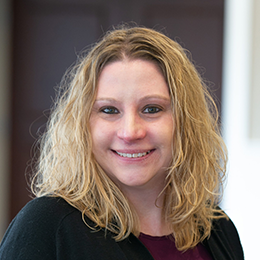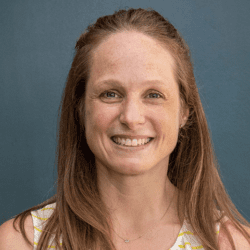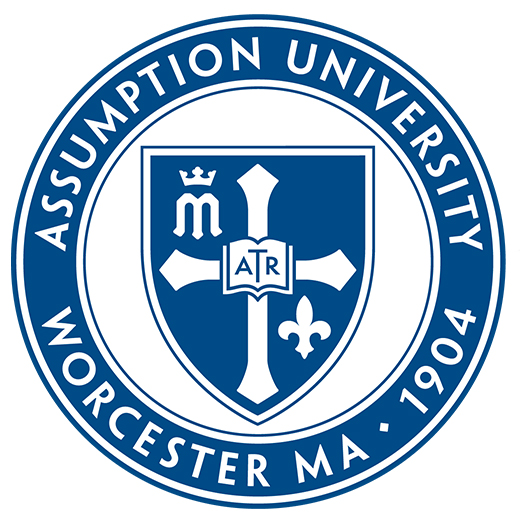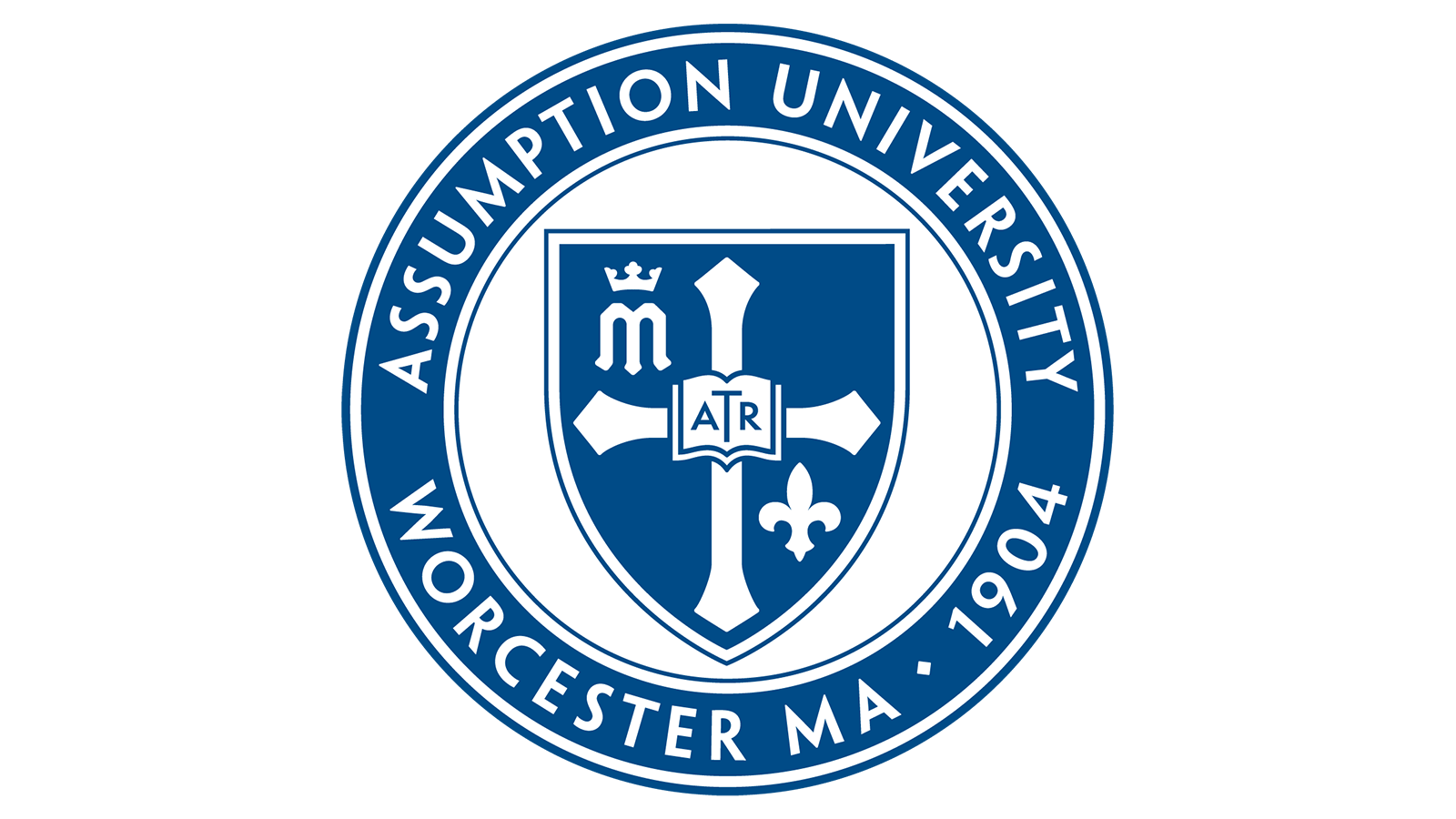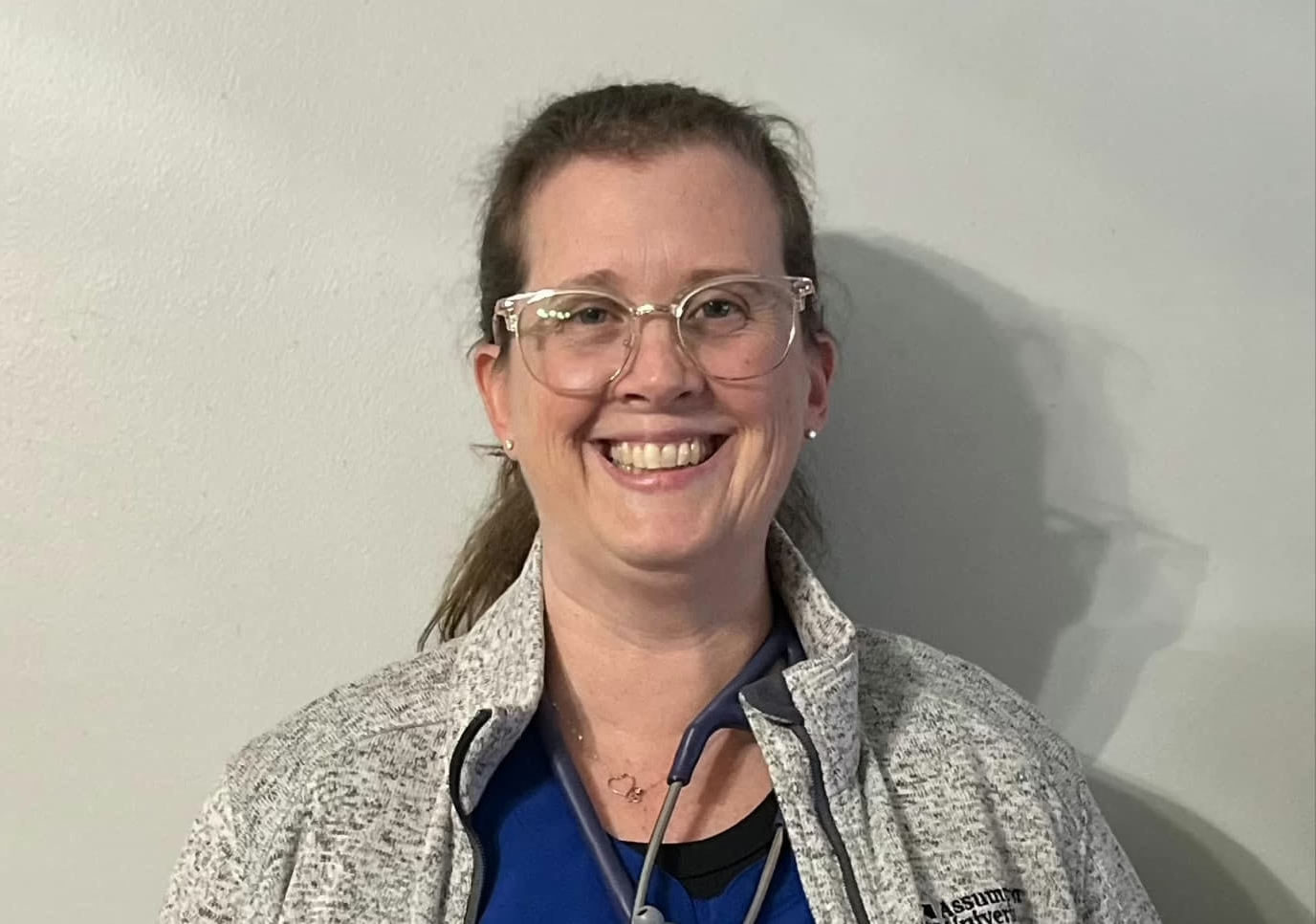Where will clinicals be held?
Clinical learning will happen in a variety of agency placements that allow students to experience the continuum of patient care. The Froelich School of Nursing is proud to have affiliation agreements with the following clinical agencies, as well as many others:
- Milford Hospital
- St. Vincent’s Hospital
- UMass Memorial Health
- Adcare
- Fresenius
- Life Care of America
- Notre Dame Health Care
- Fallon Health/PACE Program
- Worcester Recovery Hospital
- Whittier Rehab
- Federal Bureau of Prisons
What does the Accelerated Bachelor of Science in Nursing (ABSN) tuition include?
The ABSN program is priced competitively with a flat-rate bundled fee for the 16-month track. Student tuition includes the cost of all courses in the program. In addition, this fee is used to support the following:
- Purchase of an iPad (at the start of the program, Summer semester 1).
- Access to CastleBranch (a clinical credentialing platform)
- ATI (student success resources, assignments, and assessments embedded through the nursing curriculum)
- Access to exam security software
- Laboratory supplies
- Fees placed on the School of Nursing from Clinical agencies.
Students enrolled in the Accelerated Bachelor of Science in Nursing (ABSN) program will be required to purchase at least one Froelich School of Nursing uniform from the approved vendor with the appropriate embroidery and patch attached per guidelines, a Littman stethoscope, an adult-sized manual blood pressure cuff (syphgmanometer), penlights, bandage scissors, and a watch with a sweep hand. Other miscellaneous expenses such as parking fees, meals at clinical, and general vehicle/transportation costs should also be considered.
What is the cost of tuition?
The ABSN program is competitively priced with a flat-rate bundled tuition of $61,500 (Summer 2026 cohort). This includes the cost of all courses in the 16-month track along with other amenities (please refer to the website tab “tuition”).
What is the NCLEX pass rate?
The Accelerated Bachelor of Science in Nursing (ABSN) program is in it’s inaugural year (2024 start, completing August 2025). Our NCLEX pass rate for our traditional undergraduate track is 100% for the class of 2025.
How long is the program?
The program is a 16-month program spread over 4 terms (Summer I, Fall, Spring and Summer II). The first summer term is an accelerated, ten-week term with final exams in the eleventh week. All remaining terms are full-length terms.
Where can I take my prerequisites courses?
Prerequisites can be taken at any accredited institute of higher education including community colleges and online courses. We DO NOT accept courses from Sofia Learning or Straighterline Learning.
What is the breakdown of the curriculum?
Term 1 (Summer I)
NUR 114 Basics of Professional Nursing
NUR 200 Fundamentals of Professional Nursing
NUR 201 Fundamentals of Professional Nursing Clinical
NUR 204 Pathopharmacological Processes
NUR 210 Professional Nursing Concepts
NUR 214 Developing Clinical Judgement I
Term 2 (Fall)
NUR 300 Professional Nursing
NUR 301 Professional Nursing Clinical
NUR 304 Pathopharmacological Therapeutics
NUR 310 Evidence Based Nursing Practice
NUR 312 Professional Nursing: Promoting Mental Health
NUR 313 Professional Nursing: Promoting Mental Health Clinical
Term 3 (Spring)
NUR 400 Complexities of Professional Nursing
NUR 401 Complexities of Professional Nursing Clinical
NUR 420 Professional Nursing: Promoting Family Health
NUR 421 Professional Nursing: Promoting Family Health Clinical
Term 4 (Summer II)
NUR 412 Professional Nursing: Promoting Global Health
NUR 413 Professional Nursing: Promoting Global Health Clinical
NUR 414 Developing Clinical Judgment II
NUR 490 Transition to Professional Nursing Practice
NUR 491 Transition to Professional Nursing Practice Clinical
Even numbered classes are didactic/asynchronous online, and odd numbered classes are clinical courses that meet on campus in the skills lab and/or clinical learning suite and in agency-based clinical locations.
What does the hybrid schedule look like?
Our innovative, hybrid program offers instructional coursework in asynchronous online format and clinical coursework in the face-to-face format. Students are required to have one to two dedicated days on campus per week for work in the clinical skills lab and simulation lab as well as to take proctored examinations for the courses in which they are enrolled. In addition, students can anticipate face-to-face clinical learning opportunities in a variety of settings.
What does asynchronous learning look like in the ABSN Program?
In Assumption’s Accelerated Bachelor of Science in Nursing (ABSN) program, asynchronous learning provides structure and flexibility within a supportive academic environment. New online modules open each Monday, with assignments due by Sunday night. Learning activities—such as group projects, written papers, discussion boards, and online quizzes—allow students to engage with course material in varied and meaningful ways. While synchronous lectures are not part of the format, faculty remain highly accessible through open office hours and scheduled appointments, ensuring students receive personalized guidance and support throughout the week.
How often will I be required to travel to campus?
Students should plan to travel to campus one to two days per week for test and lab simulations, however campus visits may be more frequent during the Summer I semester.
How often will I be required to travel to clinical sites?
Students will travel to clinical site locations approximately two days per week. Times and days will vary depending upon availability and scheduling. Please be aware that clinicals may take place in the evenings or on weekends. Students will be notified of clinical locations and schedules prior to the start of each term.
How many students do you enroll each year?
The maximum enrollment is 30 students.
What is the minimum GPA to apply? Will my prerequisites factor into the GPA?
A minimum 3.0 GPA in the first bachelor’s degree program. Pre-requisite courses taken after the first bachelor’s degree will be calculated into the overall GPA. An applicant who has not completed the bachelor’s degree during the application process will need to submit current transcripts with GPA which will be used in reviewing the application. Upon completion of the bachelor’s degree, if an admitted applicant’s GPA falls below 3.0, the applicant will surrender their seat in the cohort.
Are International students eligible to apply?
The ABSN program is currently limited to students who are U.S. citizens due to license requirements.
What are the prerequisite courses?
Pre-requisite courses (taken within the last ten years from an accredited institute of higher education) must be completed with a minimum final grade of C+. Applicants can only have a maximum of 2 in progress prerequisite courses when applying.
- Anatomy and Physiology I and II with a lab component, or a semester of Anatomy and a semester of Physiology
- Microbiology with Lab
- Nutrition
- Growth and Development Across the Lifespan (Or, two courses in human growth and development that together cover from conception to death)
- Statistics
- Ethics (excluded from ten year limit)
Why do you have a 10-year time limit on the prerequisite requirements?
We require that prerequisite courses be completed within the last 10 years to ensure students enter the program with up-to-date knowledge. In an accelerated program, students dive right into nursing content from day one, so having a strong and current foundation in subjects like anatomy, physiology, microbiology, and chemistry is essential for success and for understanding today’s evidence-based practice.
Can I work during this program?
There are no requirements that restrict students from working, although working full-time is not recommended. Most students opt not to work or work very minimally (i.e. 8 hours per week). Please keep in mind that although there is some flexibility with the hybrid model, this is a full-time, accelerated academic program that requires significant time to read, study, and complete assigned coursework.
What do you offer for financial aid or scholarships?
As a post-baccalaureate student, you have a few options in order to finance your education:
- Federal Direct Student Loans
- Private Loans
- Scholarships
- Billing & Payment Plans
Assumption University does not offer any institutional scholarship or grant funding to students in the Accelerated Bachelor of Science in Nursing (ABSN) program. However, we strongly recommend that you look into applying for outside scholarship funding to help reduce the cost of your education. You can find more information here.
Are you accredited?
The baccalaureate degree program in nursing at Assumption University is accredited by the Commission on Collegiate Nursing Education (https://www.ccneaccreditation.org).
The Assumption University Froelich School of Nursing is a member of the American Association of Colleges of Nursing (AACN), the National League for Nursing (NLN) and the Massachusetts Association of Colleges of Nursing (MACN).

